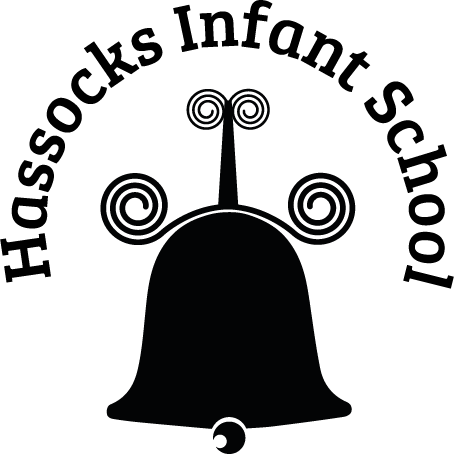EYFS Curriculum Objectives and the National Curriculum
Early Years Foundation Stage: Understanding the World
Past and Present
Early Learning Goal: Talk about the lives of the people around them and their roles in society. Know some similarities and differences between things in the past and now, drawing on their experiences and what has been read in class. Understand the past through settings, characters and events encountered in books read in class and storytelling.
People, Cultures and Communities
Early Learning Goal:
- Describe their immediate environment using knowledge from observation, discussion, stories, non-fiction texts.
- Know some similarities and differences between different religious and cultural communities in this country, drawing on their experiences and what has been read in class.
- Explain some similarities and differences between life in this country and life in other countries, drawing on knowledge from stories and non-fiction texts.
Cross-Curriculum:
The EYFS by its very nature fosters learning simultaneously across all disciplines; some direct learning opportunities will be planned in relation to 'Past and Present' and 'People and Communities', with multiple other opportunities to engage with learning from all other strands of the EYFS curriculum. These opportunities are built into wide classroom provision, taken from the children's interests and play. The other aspects of the EYFS curriculum are:
- Communication and Language
- Personal, Social and Emotional Development
- Physical Development
- Literacy
- Mathematics
- Understanding the World
- Expressive Arts and Design
National Curriculum and Purpose of Study (Y1 & Y2)
A high-quality history education will help pupils gain a coherent knowledge and understanding of Britain’s past and that of the wider world. It should inspire pupils’ curiosity to know more about the past. Teaching should equip pupils to ask perceptive questions, think critically, weigh evidence, sift arguments, and develop perspective and judgement. History helps pupils to understand the complexity of people’s lives, the process of change, the diversity of societies and relationships between different groups, as well as their own identity and the challenges of their time.
Pupils should develop an awareness of the past, using common words and phrases relating to the passing of time. They should know where the people and events they study fit within a chronological framework and identify similarities and differences between ways of life in different periods. They should use a wide vocabulary of everyday historical terms. They should ask and answer questions, choosing and using parts of stories and other sources to show that they know and understand key features of events. They should understand some of the ways in which we find out about the past and identify different ways in which it is represented. In planning to ensure the progression described above through teaching about the people, events and changes outlined below, teachers are often introducing pupils to historical periods that they will study more fully at key stages 2 and 3.
Pupils should be taught about:
- Changes within living memory. Where appropriate, these should be used to reveal aspects of change in national life.
- Events beyond living memory that are significant nationally or globally, for example, the Great Fire of London, the first aeroplane flight or events commemorated through festivals or anniversaries.
- The lives of significant individuals in the past who have contributed to national and international achievements. Some should be used to compare aspects of life in different periods. For example, Elizabeth I and Queen Victoria, Christopher Columbus and Neil Armstrong, William Caxton and Tim Berners-Lee, Pieter Bruegel the Elder and LS Lowry, Rosa Parks and Emily Davison, Mary Seacole and/or Florence Nightingale and Edith Cavell.
- Significant historical events, people and places in their own locality.
If you would like to see the full Early Years Statutory Guidance for Curriculum click here.
If you would like to see the full National Curriculum document for History click here.
